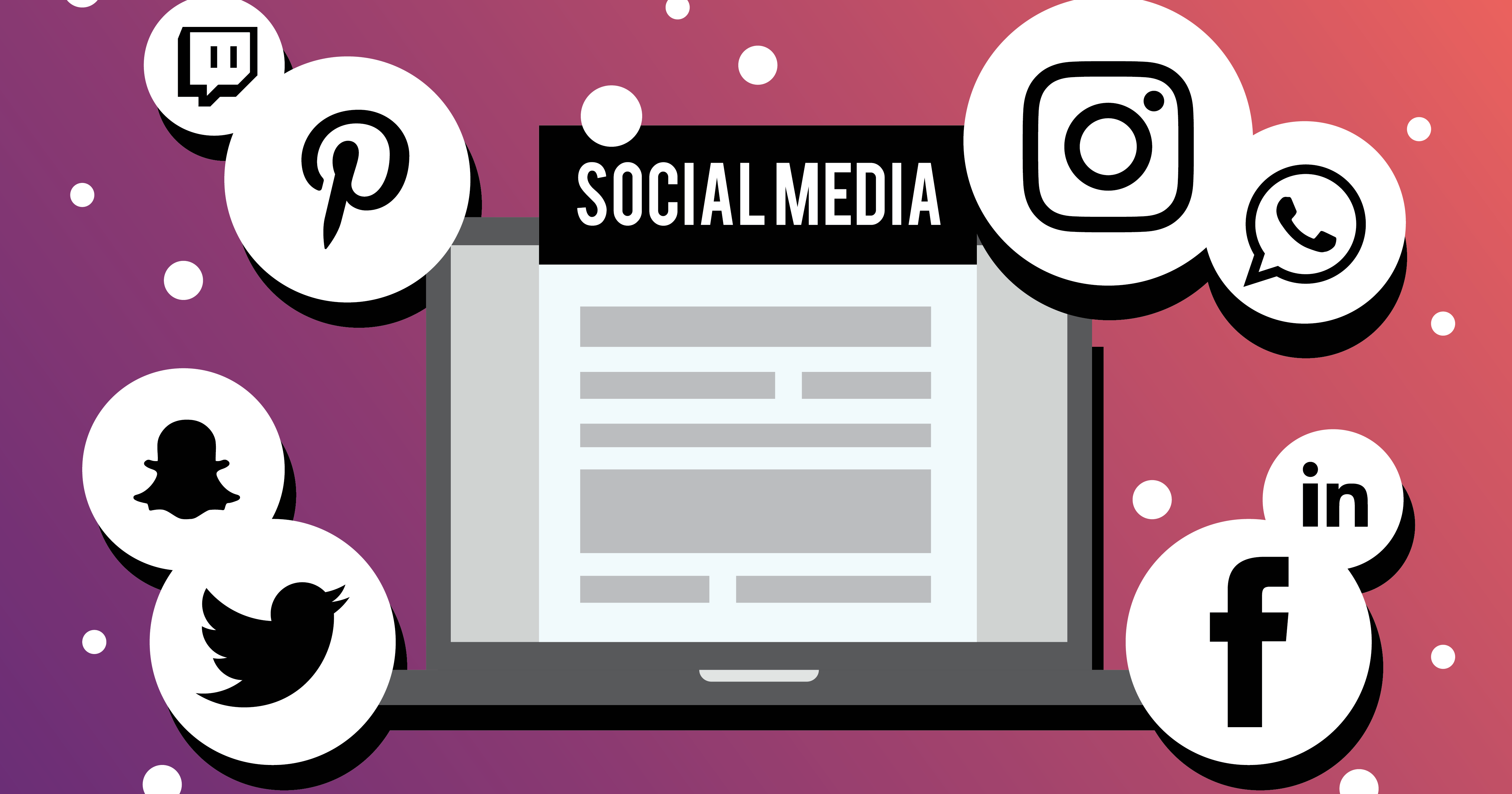

What was once solely a space for sharing pictures of social life and seeing if you made your besties’ top 8 (we’re looking at you, MySpace!), social media has now become a multi-billion dollar marketing machine that is all but a necessity for every institution to maintain a presence on.
Even though social media has evolved along with us (can you believe Facebook is more than 15 years old?) marketing folks are still figuring out how to best use Twitter, Instagram, Snapchat, Tik Tok, etc. and whatever new platform is bound to come out tomorrow. It seems like every time you turn around, there’s a new app or a new way to post (hello Reelz!). It can be hard to keep up.
But there’s one area of social media management that you may not be aware of, and could cause your institution a whole host of problems, and potentially costly ones. If you’re not ensuring your digital channels are accessible to people of all abilities, you need to start worrying about it ASAP.
Why should you care about this? Well, there’s three reasons, essentially:
It’s the right thing to do. Why create content if you don’t want as many people as possible to be able to access it?
If you’re trying to market to a target audience, and some of those individuals can’t access your content, you’re effectively wasting time and money.
Your institution could get hit by a very big and costly lawsuit. (Just ask Domino’s Pizza, which got sued for an inaccessible website.)
It’s important to remember that not everyone can use digital spaces in the same way. Many individuals with disabilities use assistive technology like screen readers and text-to-speech programs to consume online content. It’s also important to remember that there are different types of disabilities to take into consideration.
An estimated 466 million people worldwide have disabling hearing loss and at least 2.2 billion people have vision loss or impairment according to the World Health Organization. (These numbers do not include individuals who do not disclose their disability). That equals an estimated 65 percent of people globally have a serious sensory disability. It is no small issue.
25th Hour Communications recently had the pleasure of hosting Alexa Heinrich, Social Media Manager at St. Petersburg College, for a webinar on accessibility in social media. The social media accessibility expert, who has presented educational webinars on the subject to Harvard University, the National Institute for Social Media, and the Great Lakes ADA Center, offers tons of tips and tricks on how to ensure your institution’s online presence is accessible.
“You don’t have to feel guilty about not knowing (how to create accessible digital content), because a lot of people don’t know,” she said during the webinar. The (marketing) industry doesn’t prioritize it.”
Learn practical strategies for ensuring your social media implementation plans include alt text, video captioning, proper emoji usage, strategic copywriting, and more. Watch the “Are you Accessible? No, Social Media Accessible,” a part of Team 25th Extra Hour Webinar Series, by clicking here.